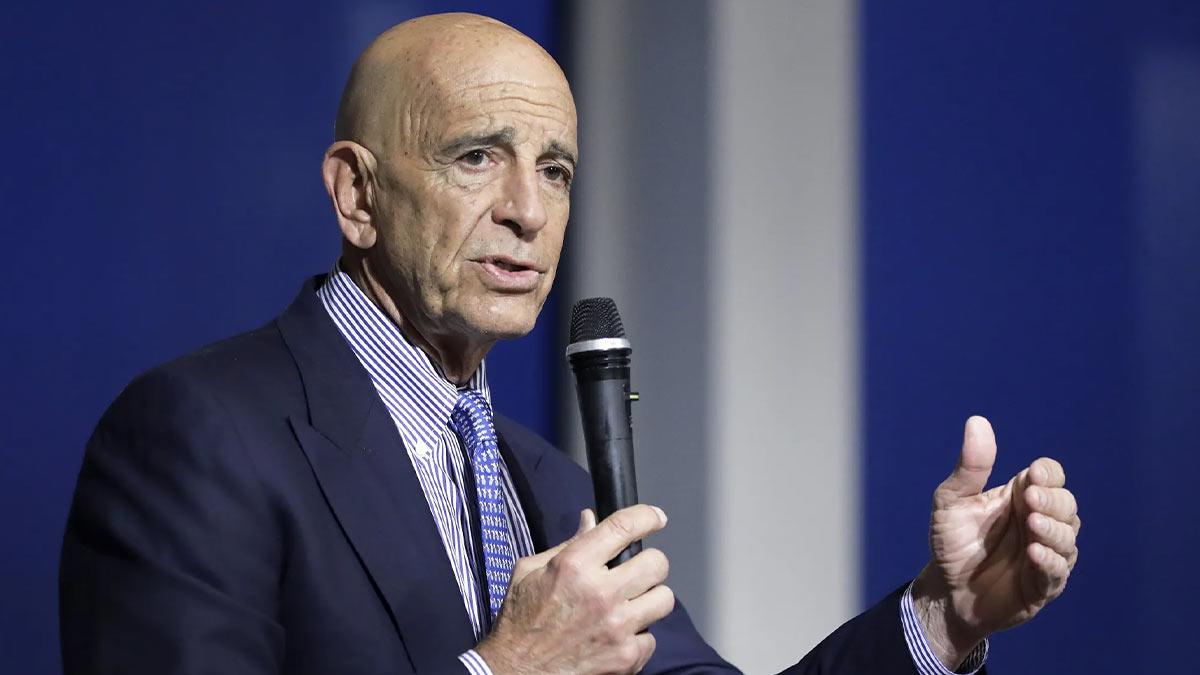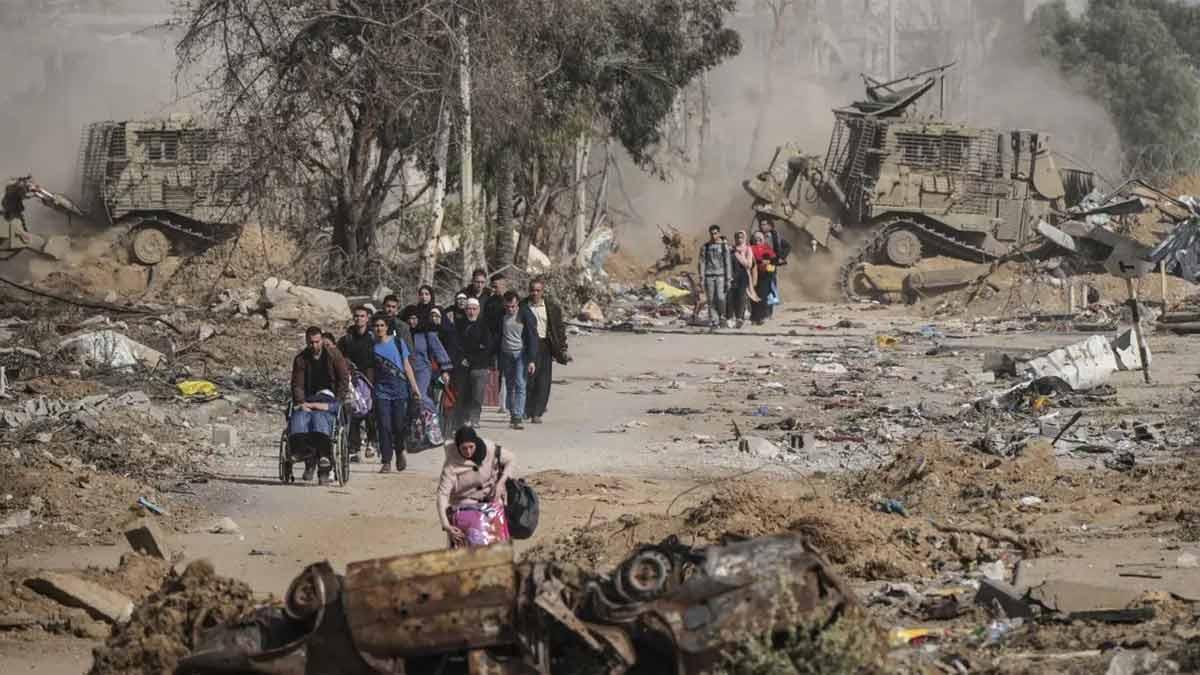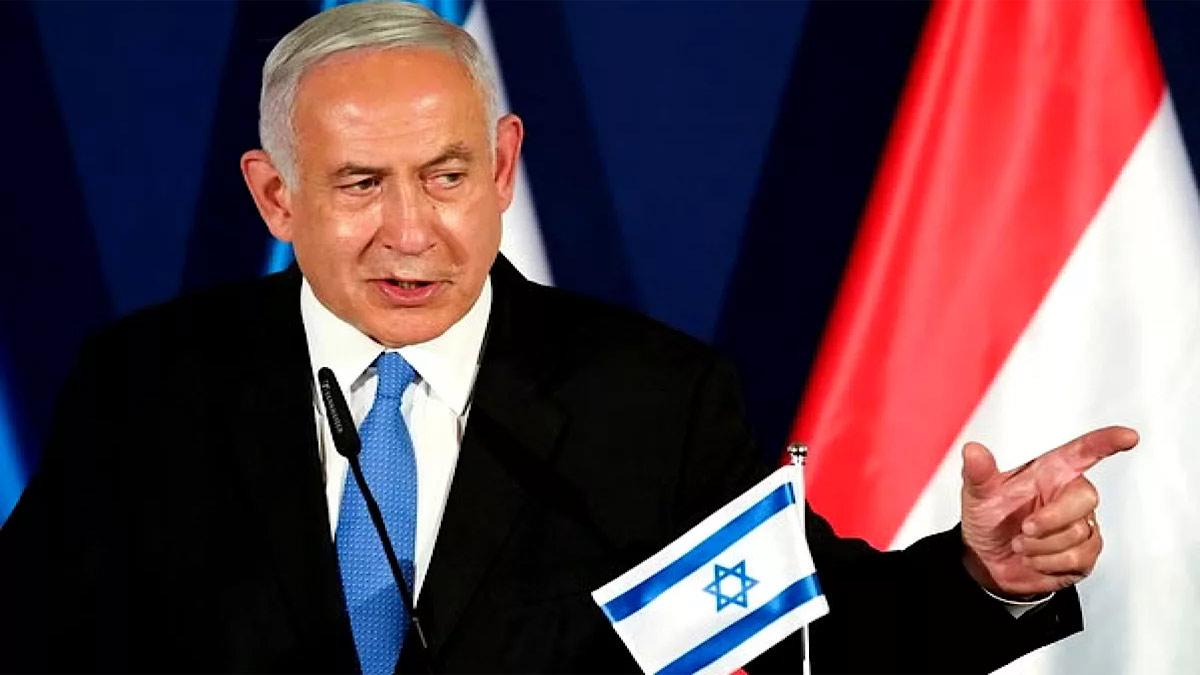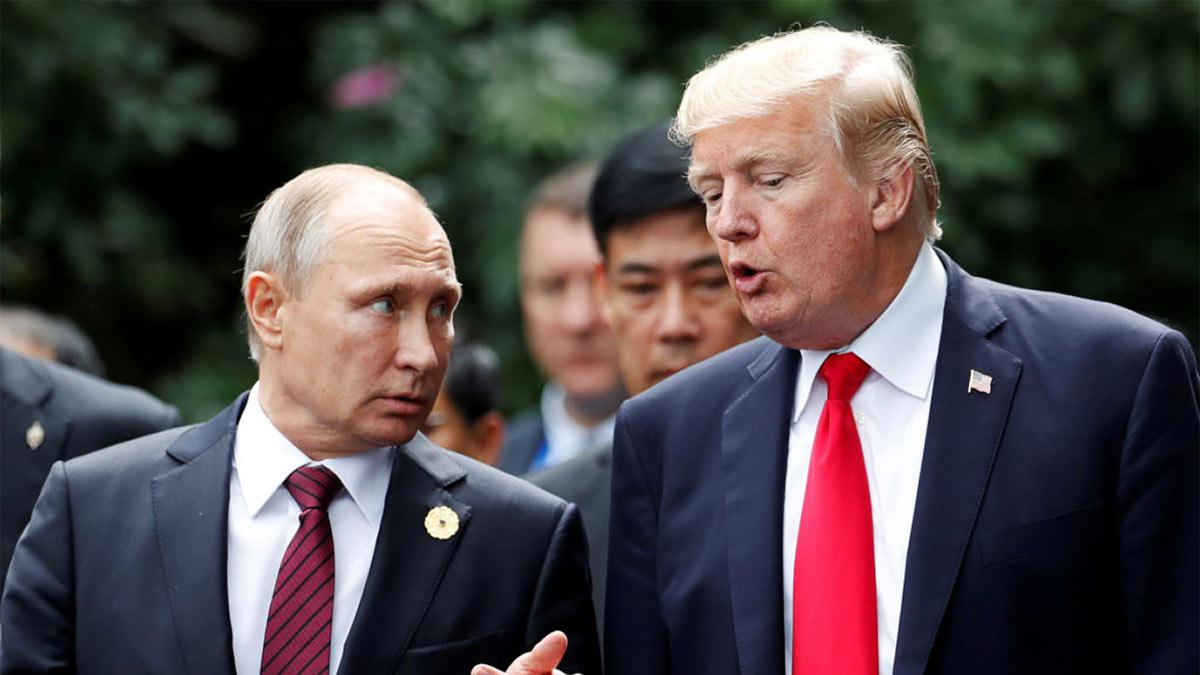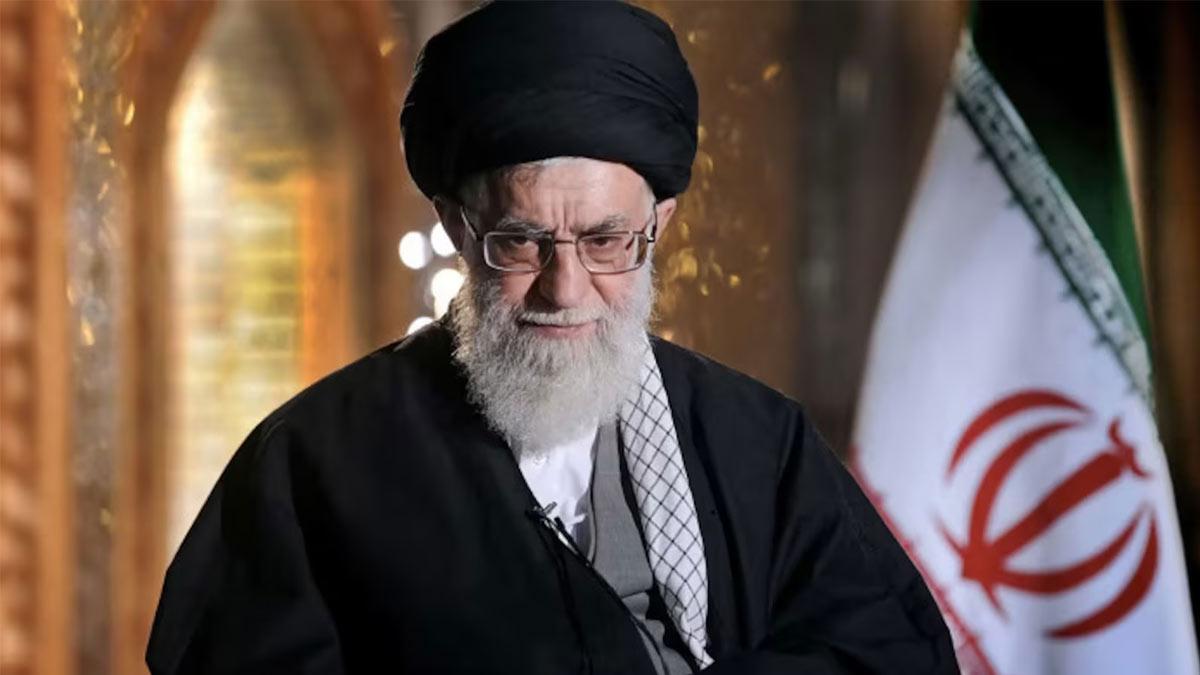Tom Barrack, the new U.S. Ambassador to Türkiye and special envoy to Syria, has issued a blistering denunciation of the 1916 Sykes-Picot Agreement, calling it an attempt at "imperial gain—not peace."
Speaking Sunday, Barrack called the agreement's partition of Syria a mistake of history, claiming that the collapse of Bashar al-Assad's regime offers a chance for peace and prosperity in the ravaged country.
"A century ago, the West imposed maps, mandates, penciled borders, and foreign rule. Sykes-Picot divided Syria and the broader region for imperial gain—not peace. That mistake cost generations. We will not make it again," Barrack wrote in a post on X, criticizing earlier Western interference in the Middle East.
The Sykes-Picot Agreement was a secret understanding agreed upon in World War I between Britain and France with Russian and Italian approval that aimed at dividing spheres of influence within the territory of the Ottoman Empire. Today, the agreement is universally reviled for creating artificial borders and setting up Western hegemony, especially in resource-abundant Arab states.
Echoing sentiments voiced by Barrack to President Donald Trump on May 13 in Riyadh, Barrack stressed regional cooperation as the key to a stable Middle East rather than foreign intervention.
"The days of Western interference are gone. The future is for regional solutions, but in partnerships, and a diplomacy built on respect. As President Trump underscored in his May 13th speech in Riyadh, 'Gone are the days when Western interventionalists would fly to the Middle East to give lectures on how to live, and how to govern your own affairs,'"" Barrack added.
He continued to point to the suffering of Syria as a result of divisions of the past, calling for a way forward based on unity and investment in its people.
"That begins with truth, accountability—and working with the region, not around it," he said.
These comments come as part of a dramatic policy change from Washington toward Syria, which includes President Trump's unprecedented sit-down with Syrian President Ahmad al-Sharaa in Riyadh earlier this month—the first in a quarter-century. Shortly earlier, Trump had lifted what he called "brutal and crippling" sanctions on Damascus. The U.S. has since implemented sweeping sanctions relief, and the European Union followed suit by lifting economic sanctions on Syria to support its reconstruction.
Barrack reiterated America's pledge to its allies—Gulf states, Türkei, and European partners—but declared that assistance would no longer be in the form of troops or antiquated geopolitical illusions.
"Not troops and sermons, or phantom borders," he pointed out, but instead, "shoulder-to-shoulder with the Syrian people themselves."
He ended on an optimistic tone regarding the future of Syria: "With the end of the Assad regime, the door is ajar to peace—by lifting sanctions, we are allowing the Syrian people to finally open that door and find a path to restored prosperity and security."
Barrack's encounter with President al-Sharaa was held on May 24 in Istanbul, only a day after assuming the duty of U.S. special envoy to Syria formally.
In an accompanying development, U.S. Secretary of State Marco Rubio said on Tuesday that the United States is prepared to help Syria's new rulers, warning that the situation was high-stakes and that a failure to stabilize the country would result in renewed conflict as well as further regional instability.
Read also| Sheikh Hasina Accuses Muhammad Yunus of ‘Selling Out Nation to US’
Read also| Russian Official Confirms Putin’s Helicopter Targeted by Ukrainian Drone Swarm

